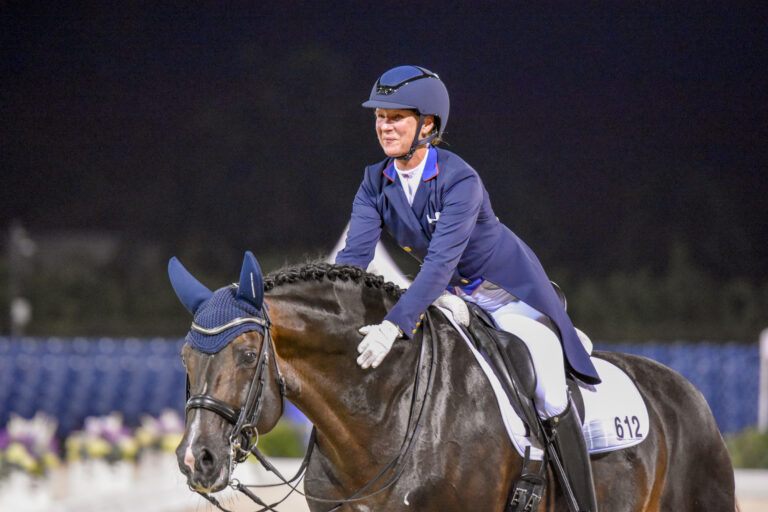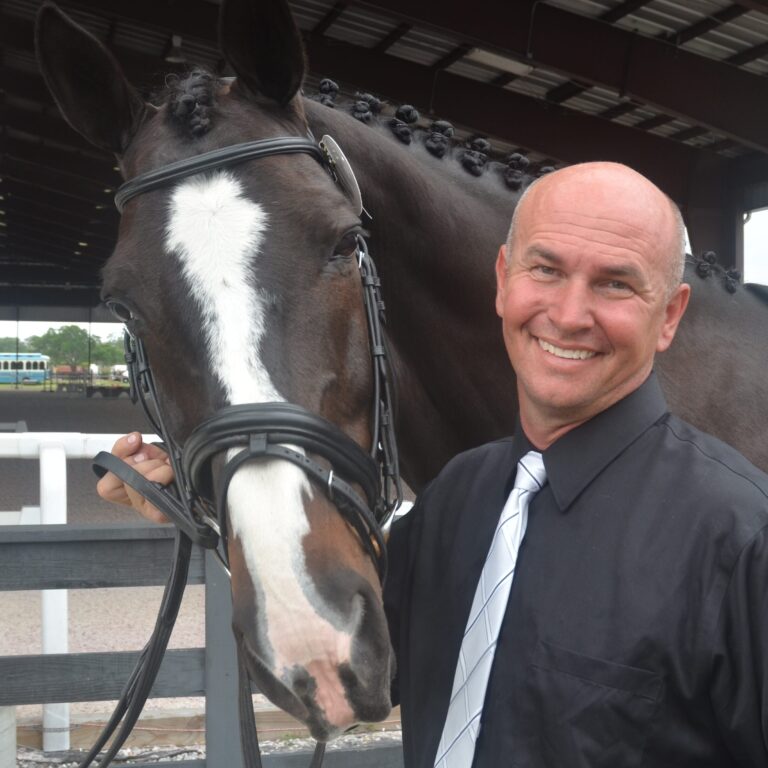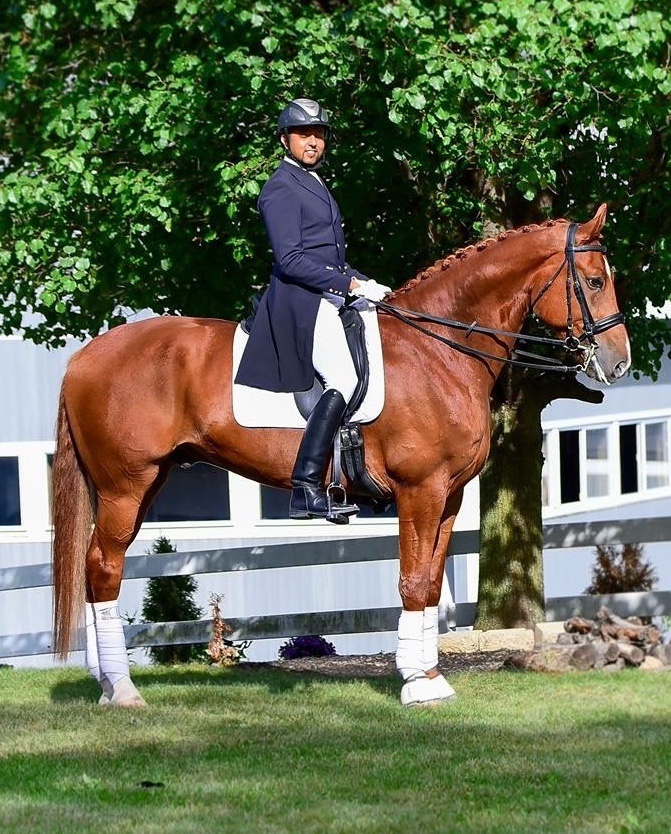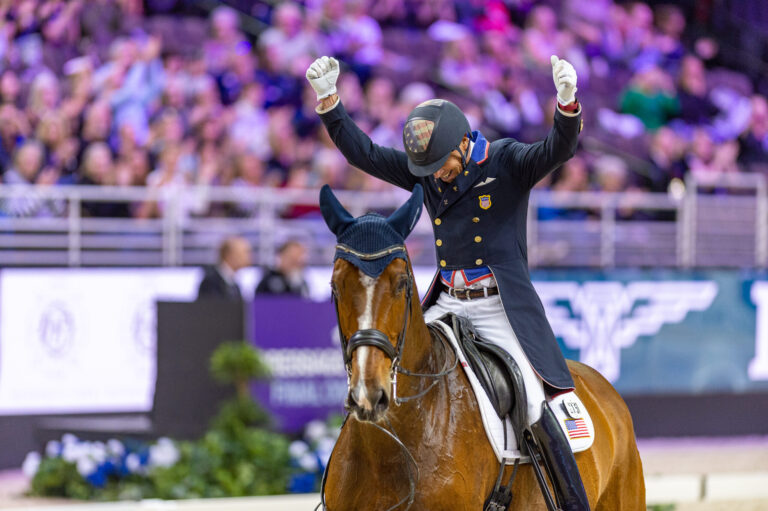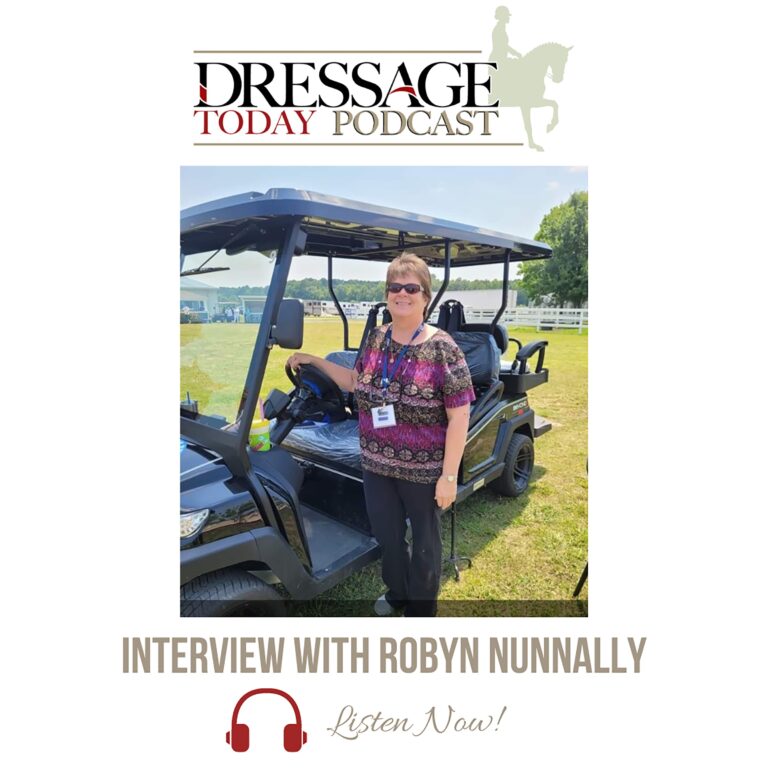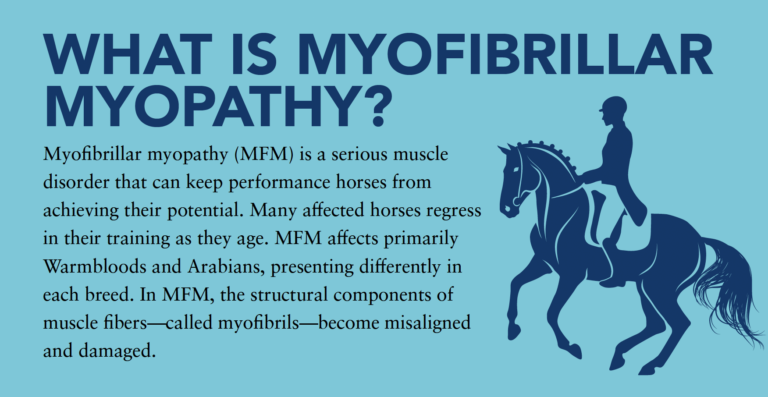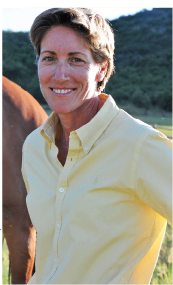
Fear is tricky, especially in the horse world. I used to do a lecture called, “Overcoming Fear” until I learned that fear is not something you can overcome because it is an innate response of the body and brain for survival. Overcoming fear would happen right after you overcome hunger. We need fear to keep us alive and so do our horses.
Understanding the problem has two parts: the first is the rational vs. irrational fear sets, and the second is the relatively misunderstood difference between fear and anxiety. This month we will discuss the first part and next month the second. After you read this column each month, I would task you with taking these thoughts and examining them in your life and horse life. Changing responses, especially responses to things that frighten you, is no small feat. It will require time and effort and most importantly, remembering to work on it!
Rational versus irrational fear sets are incredibly individual—for both humans and horses. The things that scare you about horses are unlikely to scare your trainer and if you are a trainer, the things that don’t scare you are likely to scare some of your clients. Just because you are not afraid of something, that doesn’t mean the courage transfers by osmosis to anyone in your presence.
What this means is that we all need to be mindful of what causes fear in another without trying to change it or disregard its importance. I learned this lesson in the most interesting way at a clinic years ago. The trainer was a young, brave and talented rider who grew up eventing and galloping all over the countryside. Being afraid of a horse was an unfamiliar feeling to her, which made relating to her clients’ fears very difficult.
It is unfortunately common to hear a trainer say to a scared rider, “You’re fine, just keep going,” or something of the sort. The unfortunate part is that the rider is not fine, doesn’t believe a word the trainer says and the statement unintentionally demeans the person struggling with the fear. It also sets up a situation where decision-making is compromised because the client is trying so hard to be “fine.” This has several undesirable results that range from bad training to injury or accident.
The one thing I knew for sure about this trainer was how deeply she cared for her clients. So I referenced a rational fear that she experienced. Knowing she wasn’t a swimmer, I asked her to join me in the ocean for some big-wave body surfing. She said emphatically, “No way!” and laughed as she walked away. I called out to her, “Why not? Don’t worry, you’ll be fine. I’ll be right there.” It was a big moment for us all as it finally sunk in for her that just because she wasn’t afraid, it didn’t prevent someone else from being really scared.
The most important factor in examining rational versus irrational fear sets is YOU. What feels rational to YOU? There is no one else who has your combination of skills, experiences (good and bad), physical history and current condition, goals, drive, level of bravery, etc.
The reason this is important is because listening to anyone other than you about what is safe and what is dangerous is ridiculous. There is no shame in being afraid. Period. Embrace it, because it relates strongly to safety. Just be smart about it and work to expand your capacities so you can be a better rider, which will raise your fear threshold immediately.
Communication with your trainer or client is crucial so set the stage to talk about it honestly and set everyone up for success. Stay focused, stay committed and, most of all, be kind to yourself.


